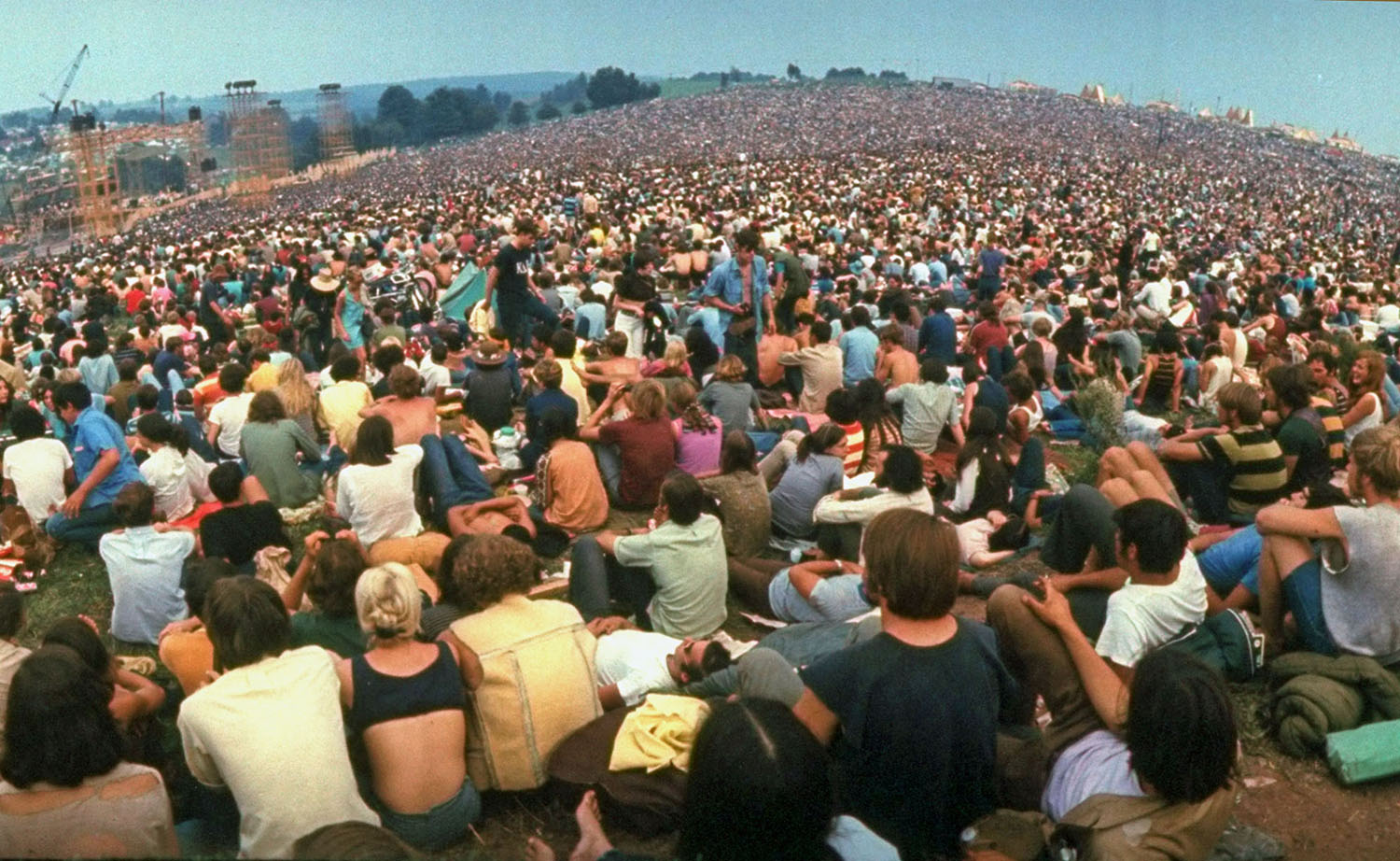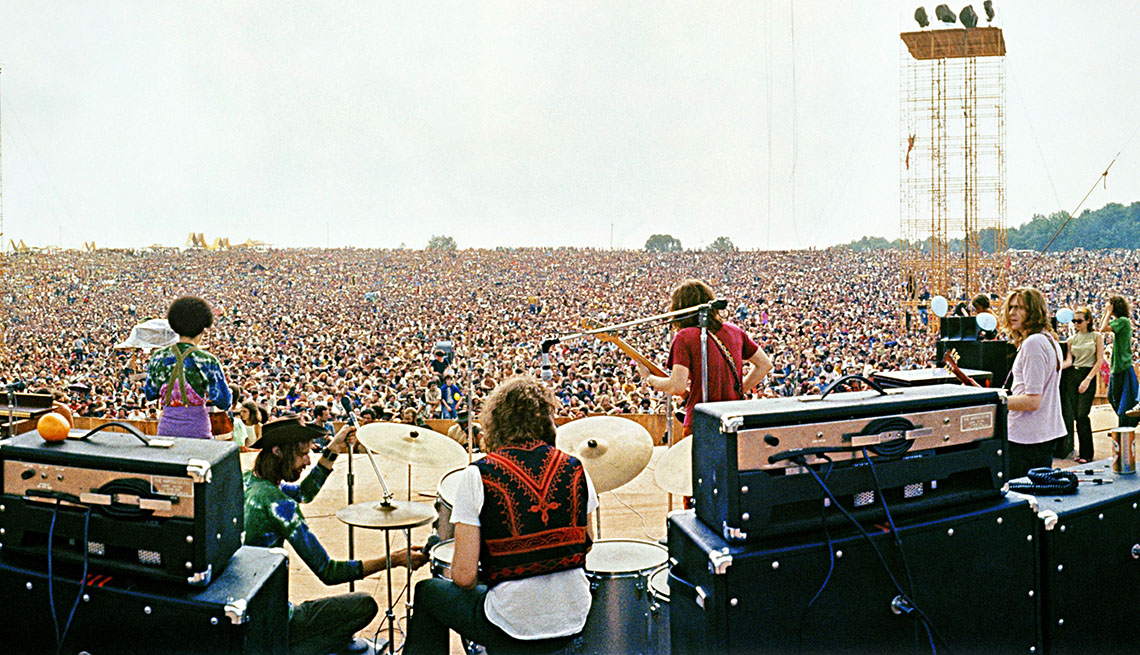This Day in History: The Legacy and Importance of Woodstock
54 years ago, on August 15-18, 1969, a festival was held in a small town in upstate New York. It was called Woodstock, after the town where it was originally supposed to take place, and it was meant to be a three-day celebration of peace, love, and music. What it became was one of the most iconic cultural events of all time. Today, as we mark the anniversary of Woodstock, we look back at how it changed the music industry and what its legacy still means for us today.

Woodstock was a true testament to the power of music. It brought together hundreds of thousands of young people from all walks of life to celebrate their shared love of music and ideals. It was a time when the world was changing, and Woodstock became a symbol of that change. It was a time when people were tired of war (with the ongoing Vietnam war that many opposed), politics, and social unrest. So, they came to Woodstock to escape all of that and find their own place in the world.
Woodstock was not just a music festival but a cultural phenomenon. It was a spectacle where different expressions of life converged in a common ground. There was an atmosphere of peace, love, and freedom that permeated every corner of the festival. For many, Woodstock was the embodiment of the counter-culture movement of the 1960s.
Woodstock was also notable for the eclectic lineup of musicians it featured. The festival brought together legends like Jimi Hendrix, Janis Joplin, and The Who, but it also provided a platform for emerging artists, such as Santana, Joe Cocker, and Crosby, Stills & Nash. The diverse range of music on offer at Woodstock, from rock to folk to blues, was a reflection of the diverse range of people who were in attendance.
The festival's significance also lies in its historical impact on the music industry. Woodstock ushered in a new era for live music events, which were never the same again. The music industry started investing more resources into concerts and festivals as they saw the potential of such events. Woodstock also marked the end of an era as it was the last of the truly independent music festivals, with its core focus being the music and the people who attended it.

In conclusion, the Woodstock festival was a landmark event that helped change the course of music history. Its legacy can still be felt today, in the number of festivals that it has inspired over the years. The cultural significance of Woodstock is not just limited to the music industry but also as a symbol of social consciousness. Woodstock proved that music could bring people together and unify them for a common purpose. Today, as we remember the 52nd anniversary of Woodstock, it serves as a reminder of the power of music and the importance of coming together to celebrate life in all its colours.
